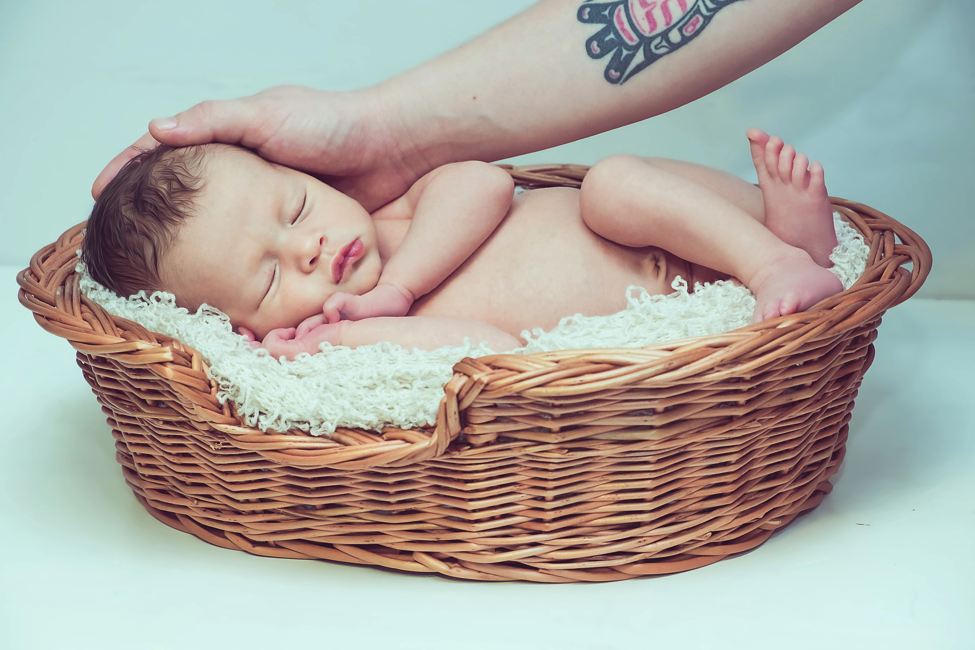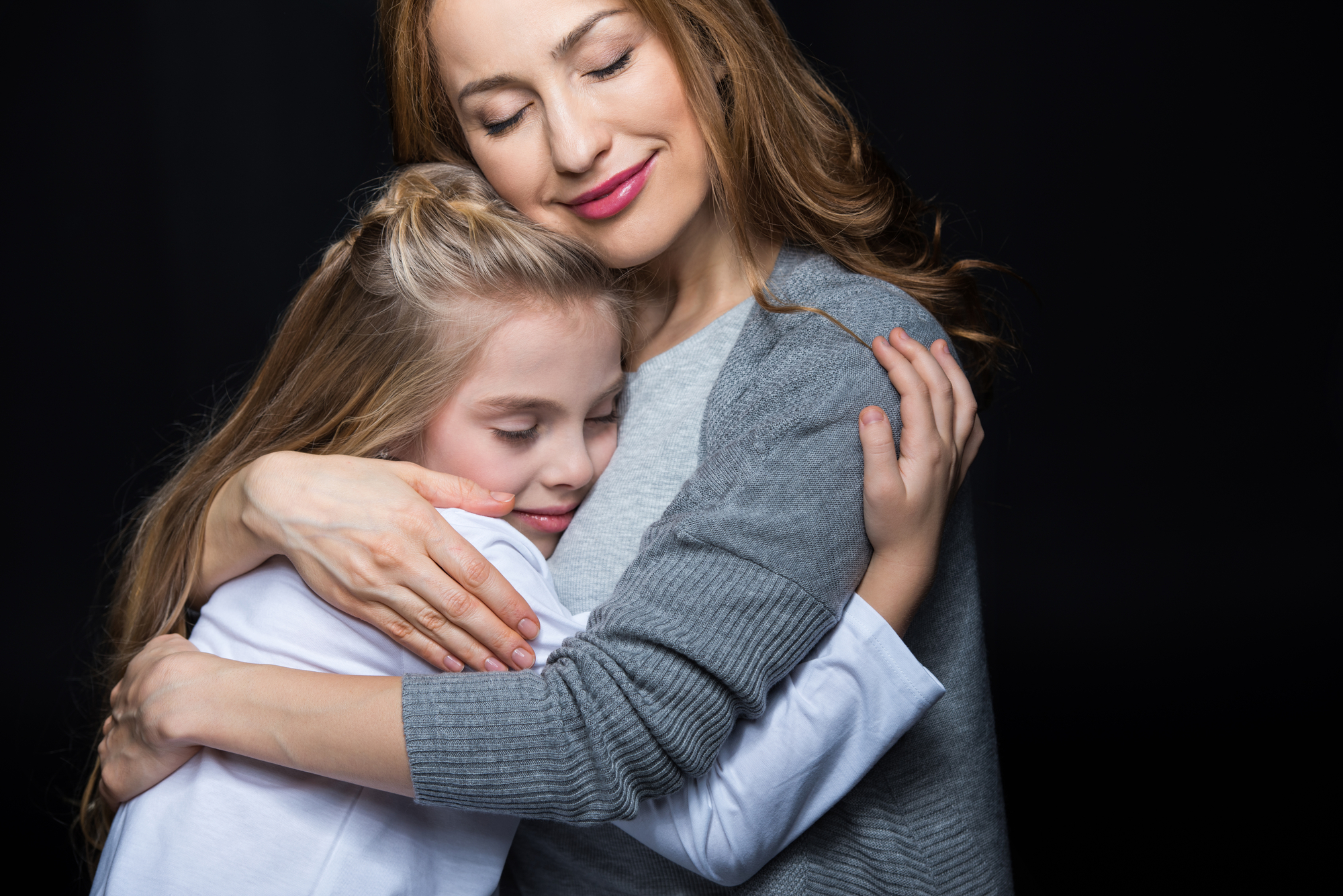Kids don’t come home from the hospital with an instruction manual (how we wish they did!). But rest assured, all new parents get plenty of free advice—both solicited and unsolicited—from parents and non-parents alike. No two parents believe exactly the same thing, and you’ll get conflicting suggestions every time you turn the corner. This alone makes parenting challenging. But parenting with a disability is a whole different ball game, and even some traditional advice may not apply.
While not every suggestion will fit your situation, we’ve compiled a few of the soundest pieces of advice that can help you get mentally and physically prepared for parenthood.
Home safety
As an adult with a disability, you have learned to manage taking care of yourself. But you’re about to throw a whole new living, breathing being into the mix, and you’ll need to make further modifications to your lifestyle and home to make childcare easier and accommodate your newest family member. This includes installing grab bars in the tub and shower, which will assist you in bathing your child until he or she is old enough to handle this task alone. You may also wish to use non-slip mats in the kitchen and bathroom to further reduce your chances of tripping and falling while holding your baby. In the kitchen, label your children’s food as it’s prepared for storage with braille labels or other easily readable markings if you have a visual impairment. HomeAdvisor goes into greater detail on home modifications and lifestyle practices for those with physical and mental disabilities.
Travel
When you have kids, you will be on the go more than you ever imagined. Between doctor’s appointments, playdates, and last-minute trips to the store for their favourite cereal, having kids means lots of outings. Take some time now to research the best products for your specific type of disability.The Mobility Resource, a site that caters to adaptive driving clients, notes that an accessible stroller and swivel-base car seat are excellent additions to the disabled parent’s arsenal.
Emotional preparedness
If you think home and travel are the only things you need to prepare before having a baby, you’re wrong. All parents, regardless of physical abilities or disabilities, should take some time to evaluate their home life and come to terms with the way having children will change their current lifestyle dynamic. EssentiallyBaby.com.au asserts that thinking about parenthood ahead of time but not overplanning is vital in your preparation process. Discuss with your partner how bringing children into your family will change things. If you’re in a wheelchair, for instance, your walking partner may need to handle nighttime feedings and diaper changes. Likewise, auditory or visual impairments may mean one partner may have more responsibilities when it comes to things like teaching the child to talk or taking them for outings at the local playground.
Relationship
Another aspect of your life that will undoubtedly change when you have a baby is your relationship with your spouse or partner. Where you were once the center of each other’s lives, you will both soon your bouncing bundle of joy will be your main focus. Discuss this issue before the baby arrives and know that stress coupled with sleep deprivation can drive you each a little bonkers. Having a baby can either strengthen or harm a relationship—it is up to you which effect it has.
It’s true that having a baby changes everything. But if you can make a few changes before his or her arrival, it doesn’t have to turn your world upside down. Regardless of your physical abilities, there are plenty of ways to successfully raise a baby and maintain your adult relationships.
For an ever-changing library of information for parents with disabilities, visit the Australian Institute of Family Studies online.
Article Content Written By: Ashley Taylor
You may also like to read:






